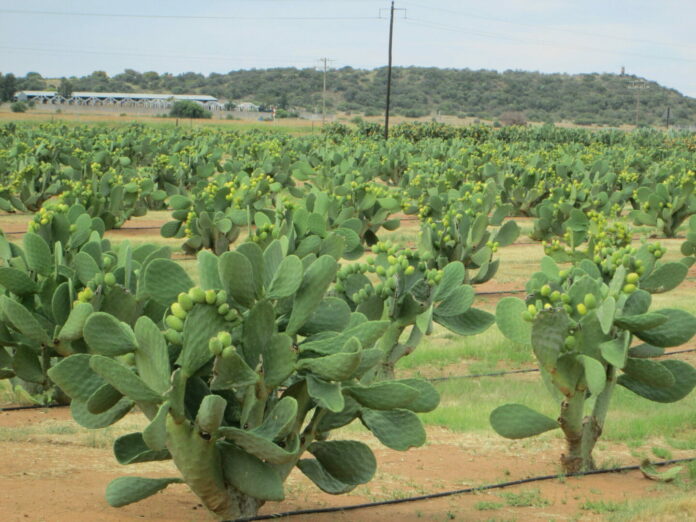For years, cacti plants were seen as a threat to livestock farmers, but they have turned into a cash cow for a group of women in Laikipia county.
“When animals feed on cactus fruits, they block the throat, stomach or intestines hence killing them. The plant chokes grass hindering it from growing,” Hudson Narerio, an accountant at Laikipia Permaculture Centre says.
In a bid to curb the menace, the farmers sought knowledge on how the plant could be beneficial thanks to Agricultural training where they learned the new innovative use of cactus.
The training was carried out by Participatory Ecological Land Use Management Association (PELUM) and Laikipia Permaculture Center (LPC).
Through the training, the farmers are now able to earn income from the plant by making wines, yogurt, jam, honey, oils, concentrates, and juices.
I started farming when Covid closed my business, now I make a fortune from exports
The farmers were also trained on how to make soap and oils from the plant to improve their livelihoods. Their target markets are residents, supermarkets and individuals.
For 250 grams of cactus jam, they make about Sh250, while 250 grams of the product fetches Sh150. In addition, a litre of cactus juice goes for Sh500, while cactus wine can fetch up to Sh1000 a litre.
Cactus, a drought-resistant thorny plant with succulent stems is said to grow well mostly in the parts of the dry and rocky areas of the country.
The plant is considered a threat to any livestock that tries to feed on it due to its many thorns that injure animals when they prick the tongue or mouth.
It produces edible fruits that are dark purple when ripe. The fruits have a sweet taste and farmers can choose to consume them directly or value add them into the juice which earns them more returns and increase the shelf life.
The fruits are cleaned then blundered to get the pulp. The pulp is used to make jam, while the liquid juice and wine.
Before making the juice or wine the pulp is usually boiled to 70 degrees to purify it and then sieved before being mixed with water and sugar to sweeten it.
Skin experts say oil made from the plant can be used to wipe out pimples, black spots, stretch marks, sunburns, acne, razor burn, dark circles, cracked feet and retains skin moisture.









